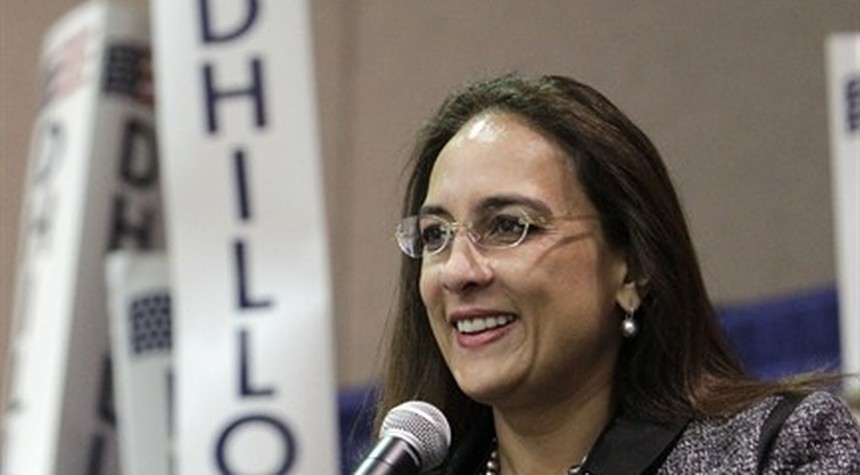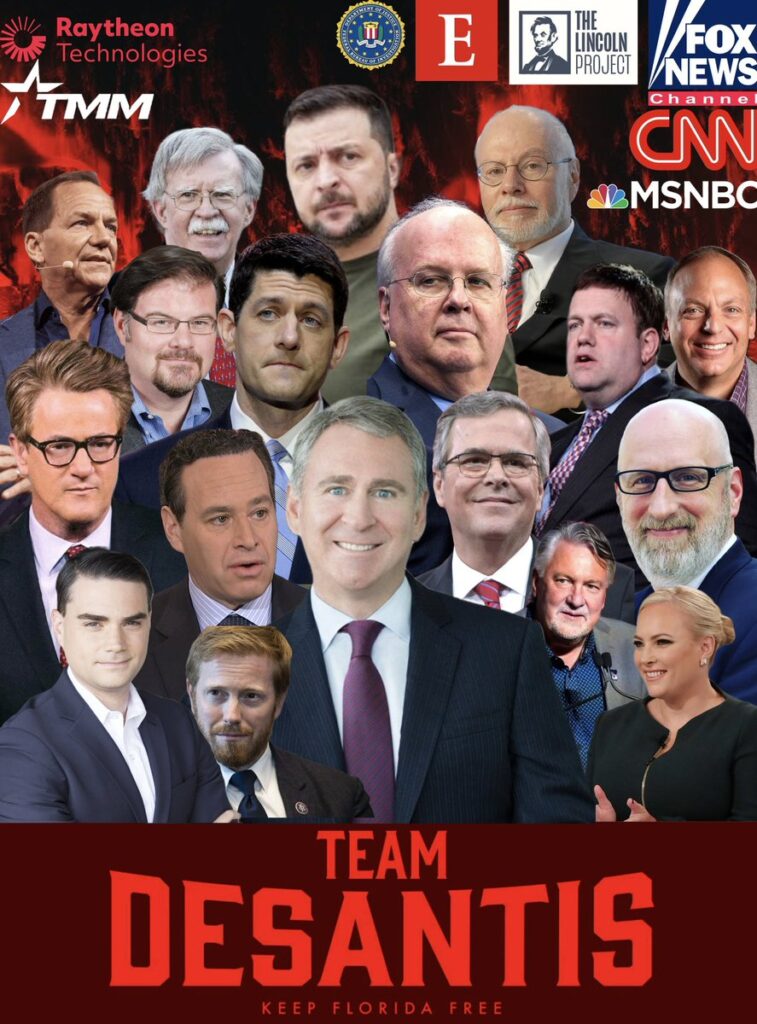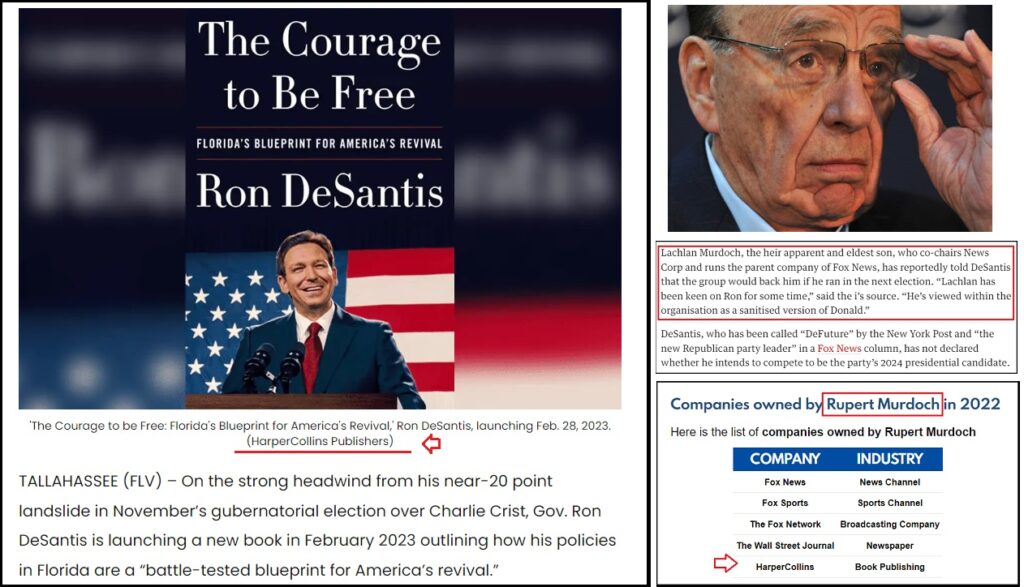So, Donald Trump had a major announcement on Thursday. It had nothing to do with digital playing cards, about which too little cannot be said. “These limited edition cards,” Trump wrote on his Twitter alternative Truth Social, “feature amazing ART of my Life & Career! Collect all of your favorite Trump Digital Trading Cards, very much like a baseball card, but hopefully much more exciting. Go to collecttrumpcards.com & GET YOUR CARDS NOW! Only $99 each!” Ever helpful, the former president suggested that they “Would make a great Christmas gift. Don’t Wait. They will be gone, I believe, very quickly!”
Our experts are divided about the first claim but it turns out that the concluding boast was accurate. I am told that the consignment of 45,000 digital cards (minus a reserve of 1,000 tokens) sold out in a matter of 12 hours. I was told that there would be no math, but if each of those NFTs went for $99, that would have yielded nearly $4.5 million. Apparently, the novelty token quickly lost value—a phenomenon not unknown in the world of blockchain and cryptocurrency—but as of Friday afternoon the lot was still valued at more than $500,000.
No, I do not understand it either. The announcement, as the Wall Street Journal noted, sparked widespread ridicule, even among some of Trump’s allies. I am going to draw a veil over this lucrative prank—if it was a prank—simply noting two things. First, most people could not have done what Trump did: that is, they could have said they had a “major announcement” on social media and then revealed that they were selling digital trading cards. But there would have been this difference: no one would have paid the announcement any heed, nor would they have plopped down $100 for images of you dressed as a superhero, smiling on a golf cart, etc. It is part of Trump’s genius that he could do it and rake in more than $4 million in 12 hours.
Second, I have to conclude that the timing of the announcement was significant. Hours later, Trump delivered a sober, thoughtful speech about the importance of free speech, outlining some of the initiatives he would take to protect it if (when?) he assumes office again. Was the contrast between playful braggart and thoughtful maven deliberate? If so, what was Trump getting at? I don’t know the answer to this last question. But I suspect that the answer to the former is “Yes.”
Elon Musk’s recent acquisition of Twitter has led to his appalling discovery that, as usual, things were much worse than we had been led to believe. They were worse in at least two senses: First, Twitter was far more systematic in its imposition of woke identity politics on the communication at the site. Second, Twitter had been systematically infiltrated by government intel entities from the FBI and CIA on down. Indeed, Tucker Carlson wondered whether Twitter had morphed into a platform whose primary business was surveilling the American people and suppressing opinions and news that went counter to the establishment narrative.
Whatever one thinks of Trump’s digital cards, it is hard not to admire his stalwart defense of free speech and commitment to rooting out corrupt government and business efforts to impose a woke agenda of identity politics on the marketplace of ideas.
He set forth a multipart “Bill of Rights” to make Elon Musk’s renovation of Twitter a national enterprise. On his first day in office, Trump said, he would sign an executive order “to ban federal agencies from colluding with any entity to censor or categorize the lawful speech of American citizens.” Among other things, he would ban the use of federal money to label speech “mis-“ or “disinformation.” He would fire every federal bureaucrat who “has engaged in domestic censorship activity,” he would revise Section 230 of the Communications Decency Act, which insulates entities like Twitter and Facebook from liability for engaging in censorship, and “impose a seven-year cooling-off period before employees of the FBI, CIA, NSA, DNI, DHS, or DOD can work at tech platforms possessing vast quantities of U.S. user data.”
Trump put it with his characteristic bluntness, but he is right: “In recent weeks, bombshell reports have confirmed that a sinister group of deep state bureaucrats, Silicon Valley tyrants, left-wing activists, and depraved corporate news media have been conspiring to manipulate and silence the American people. They have collaborated to suppress vital information on everything from elections to public health.”
As I say, I do not know what to make of Trump’s entry into the world of NFTs. But his commitment to free speech and limiting the activities of deep state censorship are to be applauded. “The fight for free speech,” he noted, “is a matter of victory or death for America—and for the survival of Western Civilization itself. . . . By restoring free speech, we will begin to reclaim our democracy, and save our nation.”
Is Donald Trump the best ambassador for these initiatives? I do not know. But he is clearly one of the most passionate and forthright. Nevertheless, all the smart, credentialed people are in the process of writing off The Donald.













